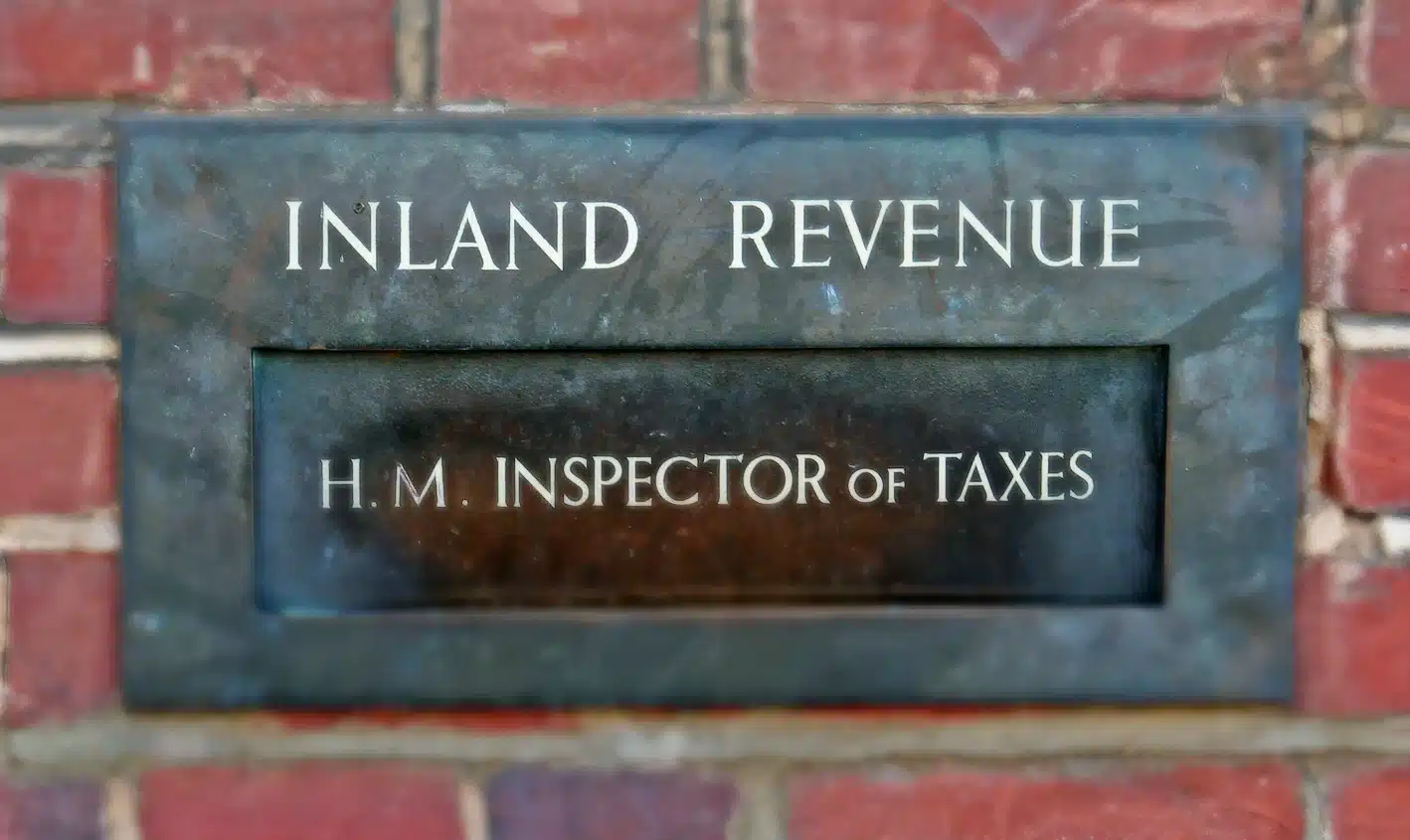HMRC have recently provided banks that are party to the FCA IRHP Review scheme with generic tax advice leaflets to pass to customers who receive redress. HMRC says it wants to help you ensure that you correctly account for this redress payment, received from your bank, in your tax return.
Why have you received an IRHP redress payment?
The redress payments are due because the Financial Conduct Authority (FCA) identified failings in the way that some banks sold Interest Rate Hedging Products. The major banks involved are Barclays, HSBC, Lloyds and RBS together with Allied Irish Bank (UK), Bank of Ireland, Clydesdale and Yorkshire banks (part of the National Australia Group (Europe)), Co-operative Bank and Santander UK who have all agreed to review their sales of IRHPs to small businesses based on the principles set out in the FSA’s report, and overseen by independent reviewers. The bank involved agreed to review their sales since 2001 and as a result certain customers became entitled to compensation (redress) under a process supervised by the FCA.
What happens next?
The redress will usually be paid out as a single payment that is taxable in the year it is received. This will mean that there is no need to amend your previous years’ tax returns. The payment is taxable because you would have previously claimed tax relief for the payments under the Interest Rate Hedging Product as an allowable business deduction. When the redress payments are made to you they must be treated as business income and reflected in your business accounts.
IRHP Redress can be composed of up to three elements:
- Basic redress represents the difference between the actual payments made by you based on the mis-sold product and the payments that you would have made, without the product;
- Compensatory Interest at 8% per year is applied to the basic redress, plus in certain circumstances to consequential losses;
- Consequential losses, which are losses that you have suffered due to not having the use of the money that would otherwise have been available to you.
The full amount of the redress payment will generally be taxable for individuals, companies and partnerships. However if you are an individual the bank will deduct income tax at the basic rate from payments of compensatory interest and tell you how much they have deducted. You will need to remember that any tax deducted from the interest element should be treated as a credit against any tax payable by you for the year the redress is received.
Taking Accounting Advice
There are certain circumstances in which your tax treatment may be different if this is the case, you may wish to take accounting advice. These circumstances could include:
- when your business ceased trading;
- where the product was associated with a non-business loan; or
- the product was a hedging product and its fair value was recognized in your accounts.
Where this is the case and the payment you received is not taxable as income, it may still be subject to capital gains tax (or corporation tax on chargeable gains for companies). If so the normal capital gains tax rules will apply.

